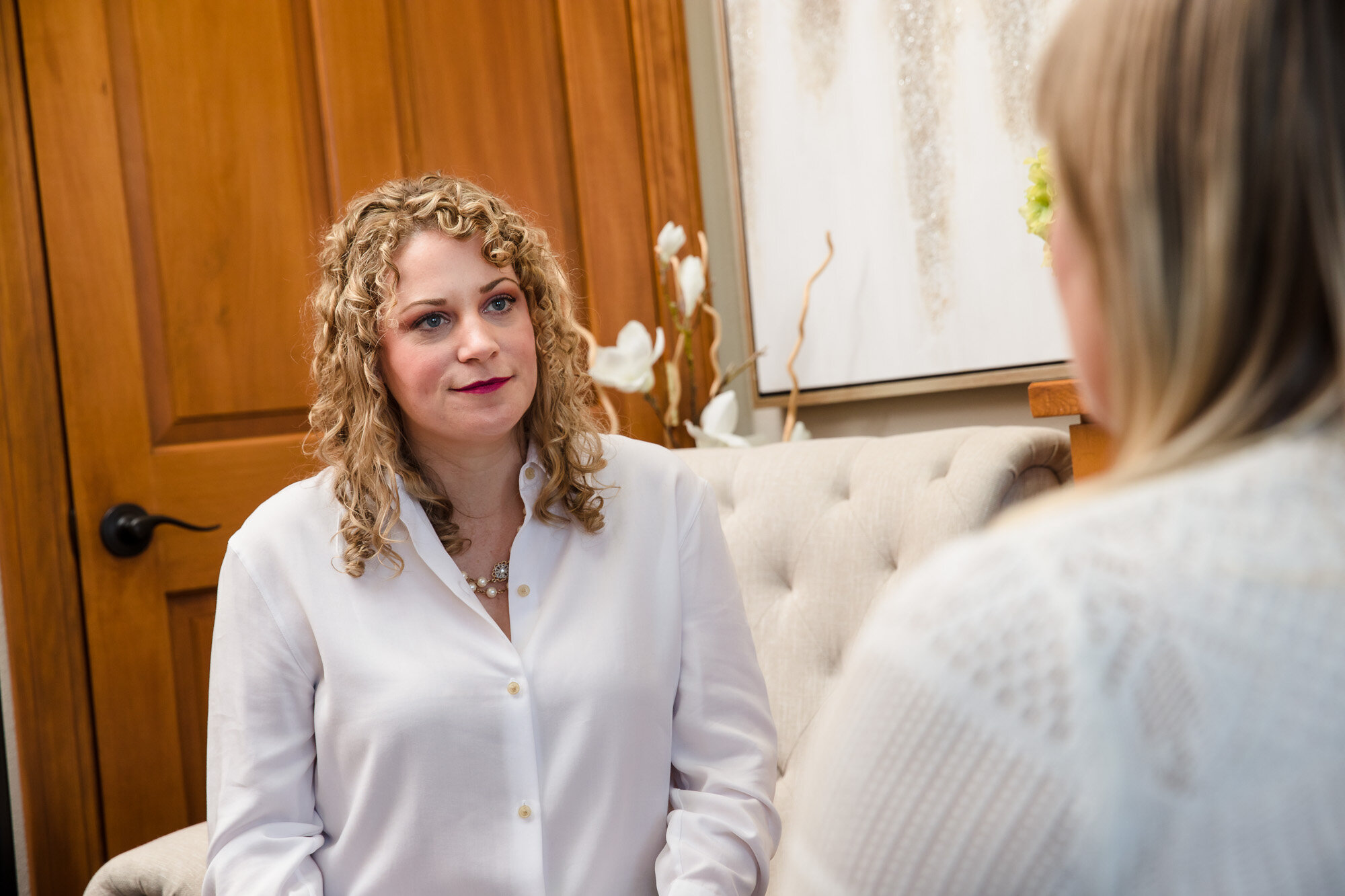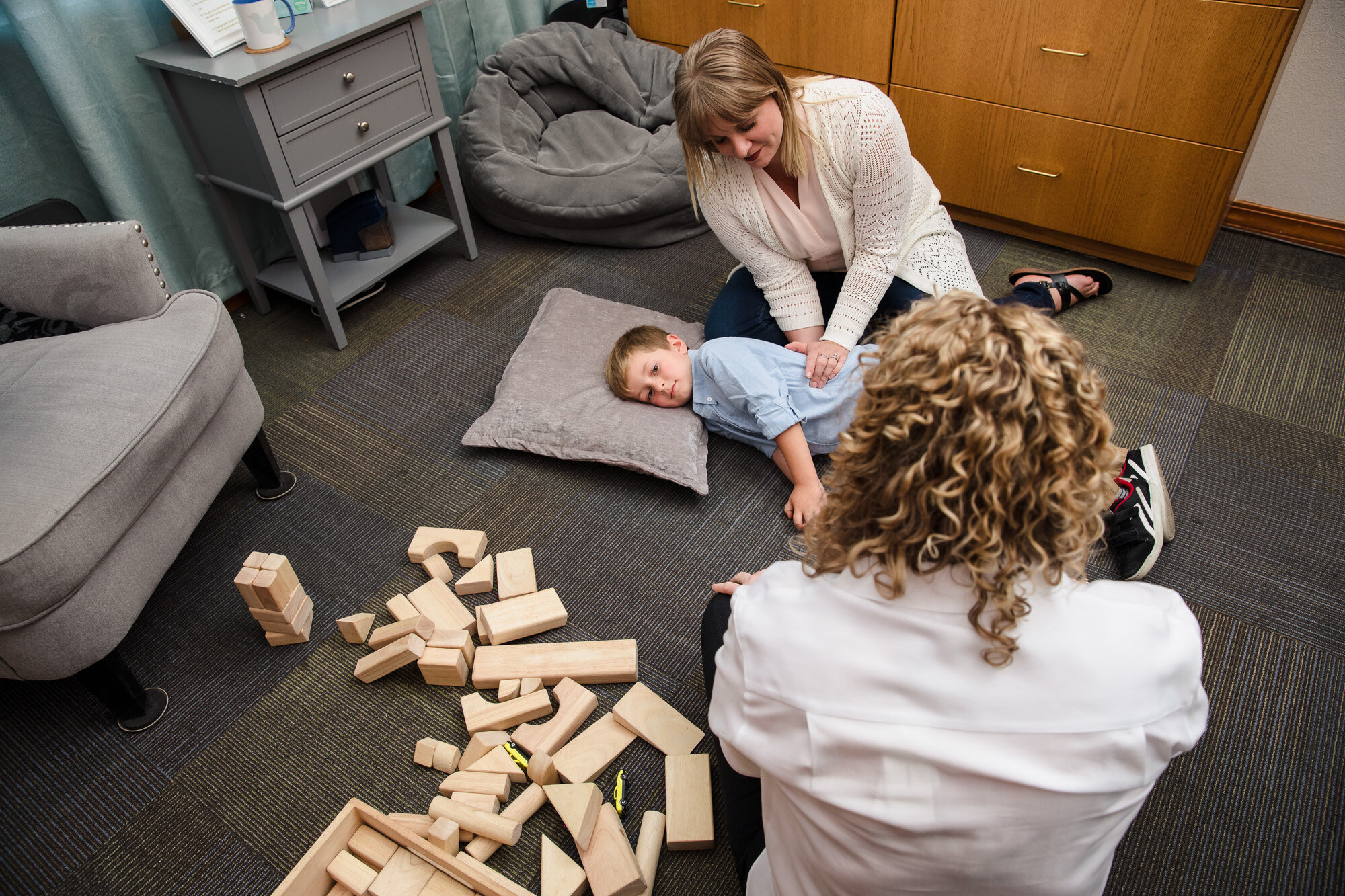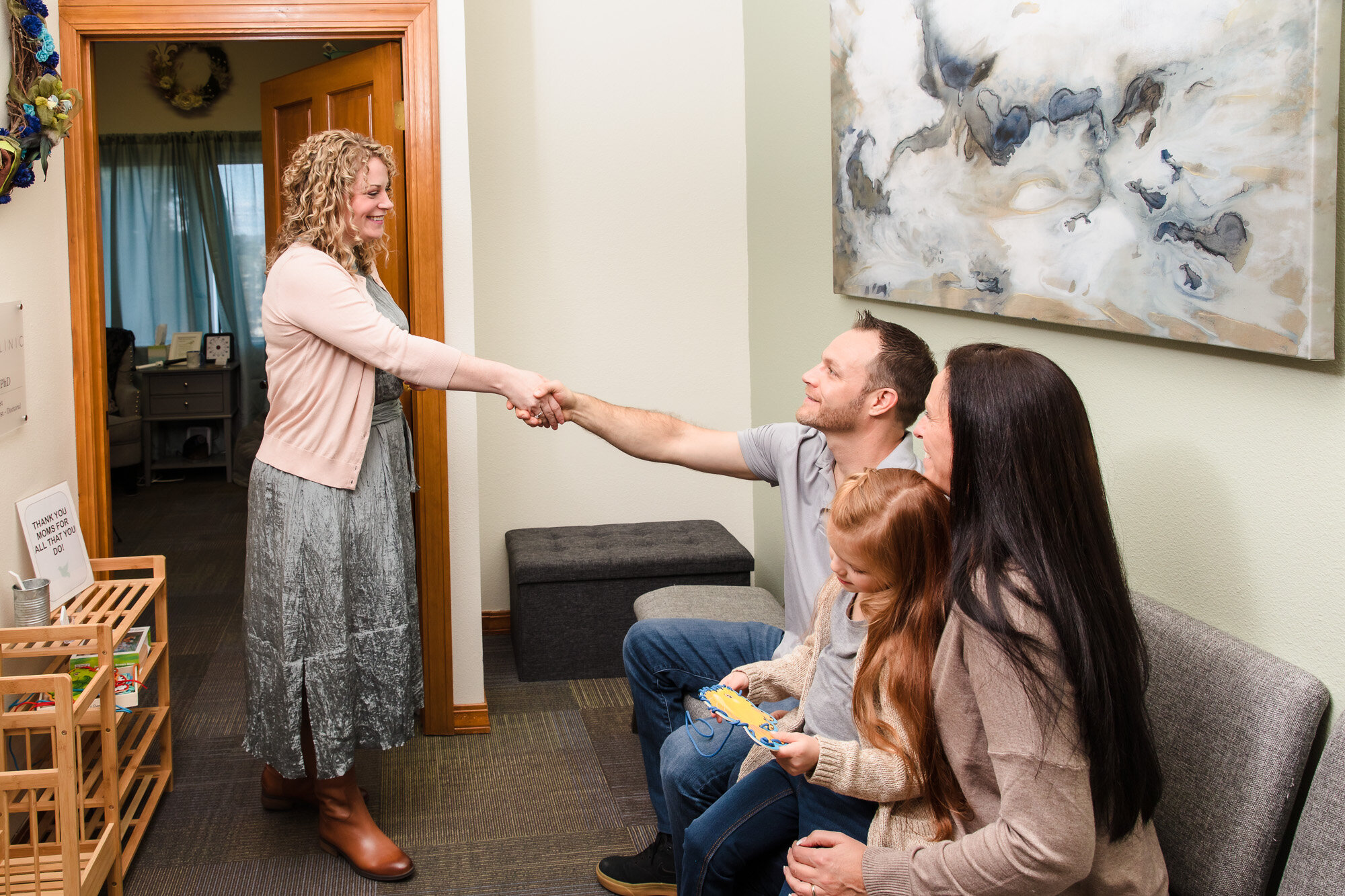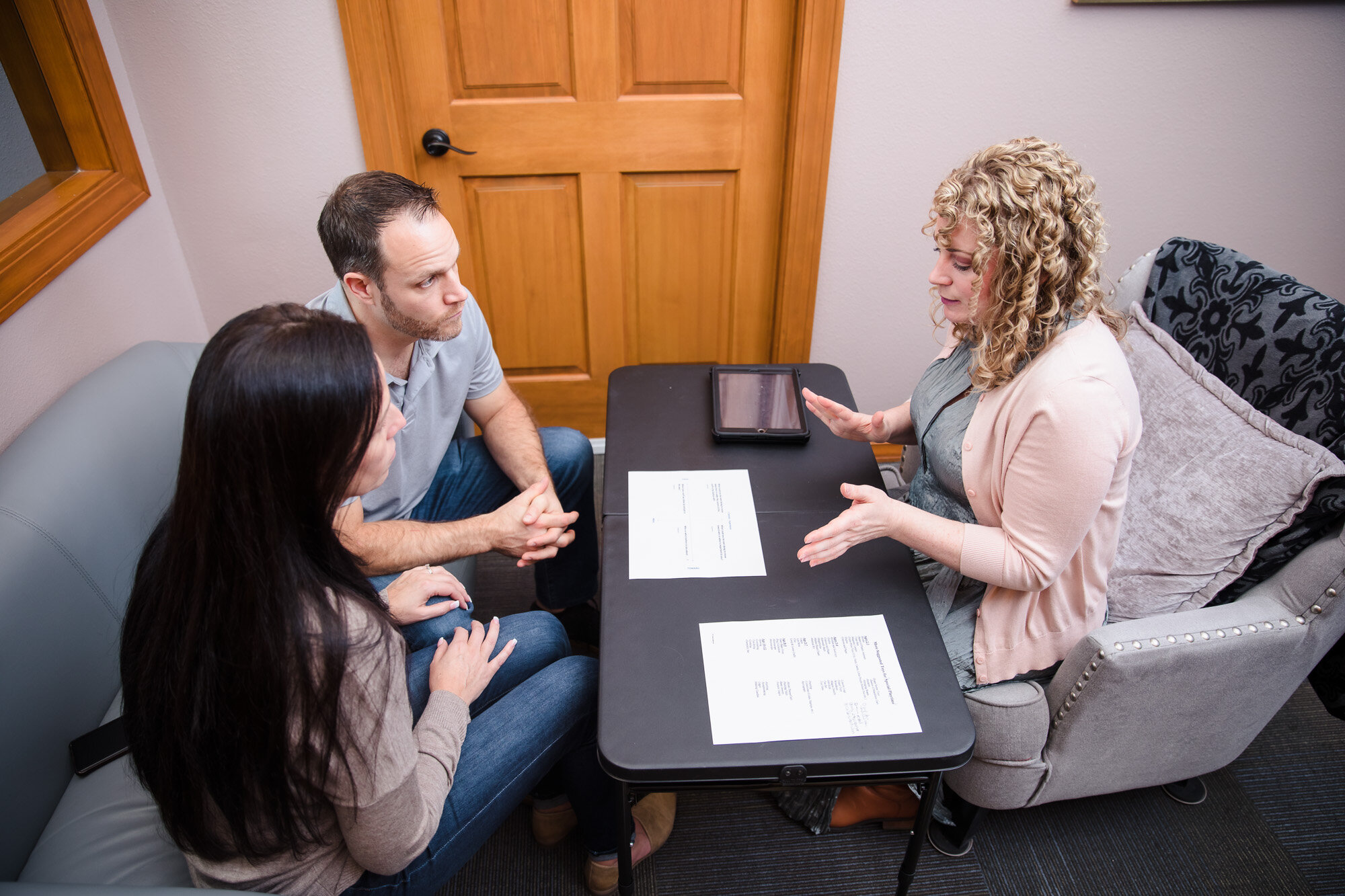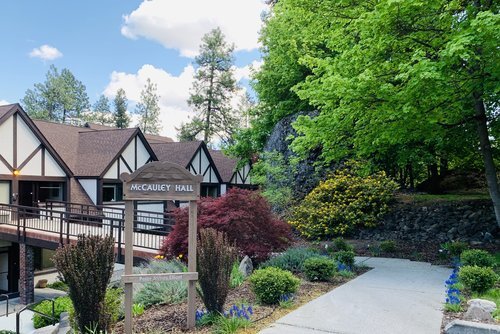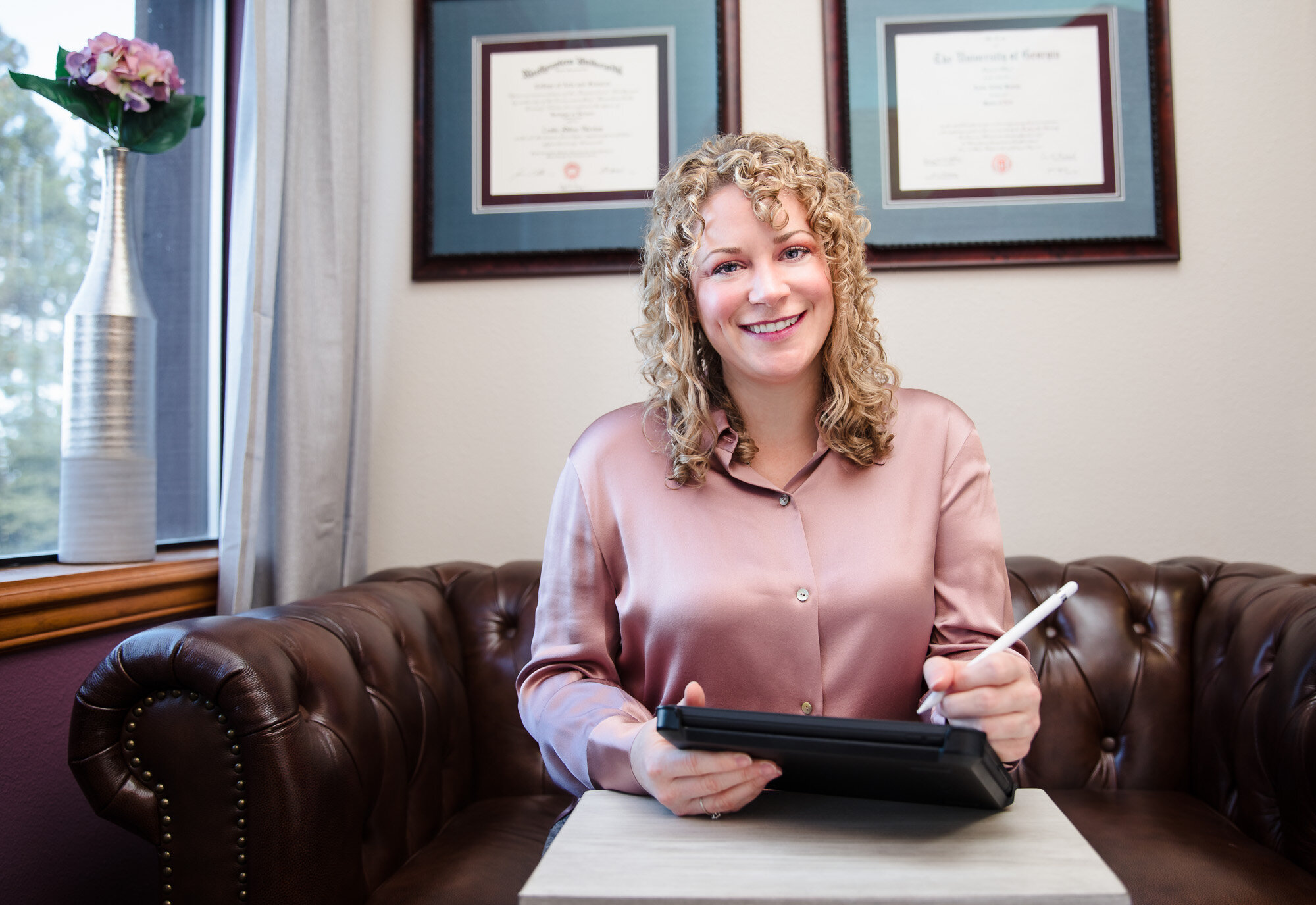I'm discussing how I answer parents' questions about alternative treatments. I compare these with evidence-based treatments and how they might contribute to a family's total intervention package.
Transcript
Hi everyone! This is Dr. Leslie Blevins, I’m a licensed psychologist and Board Certified Behavior Analyst who specializes in young children. Be sure to subscribe to my channel to get more videos about child behavior, psychology, and education. I cover topics relevant to parents, teachers, and neurodiverse individuals. If you have questions, leave them in the comments!
Today we are talking about alternative treatments for supporting your child's behavior. Alternative treatments might be things like essential oils, elimination diets, using the moon to decide when you will go out for fun activities versus hunkering down in anticipation of naughty behavior, and other types of old wives tales and Instagram / Pinterest wisdom that is not necessarily linked to evidence-based studies. Many providers, including physicians, psychologists, therapist, and others, get this question all the time. It's a very important question because it frames the way that you as a parent will approach treatment for your child and the energy and attributions you give to interventions along your child's journey.
First I'd like to say a side note: I'm a psychologist and also a board certified behavior analyst. As a professional in both of these fields it's my ethical duty to only recommend evidence-based practices. I'm also required to be aware of and respect different cultural differences of families that I work with. So when I talk about alternative treatments I'm not talking about the standard ways that we modify evidence based practices to respect the cultural differences of families. What I'm referring to are the hot topic rumors that go around parent groups for certain disorders and child difficulties.
Now back to alternative treatments. Oftentimes I’ve had parents report confusion about knowing whether they should put their energy, money, and precious time into using alternative treatments. In my experience I've had colleagues who take a stance that as long as a family is engaged in evidence based intervention there would be no harm in them also engaging in alternative treatments too. I've also had colleagues who take a very strong opposing stance that it's important to educate parents about the lack of evidence for alternative treatments in recommending refraining from these treatments even when no known harm comes from them. For instance using essential oils, when family members aren't allergic to them, likely leads to no immediate harm for a family when used for a child who has sleep difficulties. It’s important to know that your child’s provider may have a different answer to mine today. Be sure to discuss this with them if you’re considering or already are using alternative treatments.
What I specifically want to share is the POV that I have developed across my practice and what I share with the families who come to work with me. I think of alternative treatments as taking a finite proportion of the effort, money, time, and trust that a family has among the total treatment package that a family is engaged in.
For instance, let’s take an example of a child having difficulty with sleep where medical conditions have been ruled out. The family is starting behavior therapy to support the child developing more appropriate and healthy sleep patterns, and they are considering using essential oils as an alternative treatment. In this case if the family starts using the essential oils at the same time that they begin engaging in the behavior therapy for the child, one could say that the essential oils do not distract from the time and energy that the parents are using to do behavior treatment for their child’s sleep difficulties.
HOWEVER what I have seen is that as the child’s sleep difficulties begin to improve, which we would expect with evidence-based behavior intervention, parents often misattribute the gains and improvement to the alternative treatment. If they've intentionally added in an alternative treatment it's easy for them to attribute those gains to the smell of lavender whenever their child falls asleep. This is especially important as the family has made changes that are effective but they need to keep up with those changes in order to maintain their child's progress. If they attribute the improvement to the essential oils, they will be less likely to keep up with the intervention.
The maintenance phase of therapy for young children is an especially difficult phase because the problem behavior for the child is essentially gone but the parents still must engage in the therapeutic skills with the child. They must do these therapeutic skills without the child’s misbehaviors or poor sleep as a prompt to keep up the intervention. So the prior motivation to do that extra work starts to disappear.
Additionally I've noticed that something like essential oils, which are pleasant in and of themselves, can be paired with the improvement of the child's behavior. The parent turning on the essential oils at night may become part of the sleep routine because it is associated with good sleep for both the parent and the child. In this case using essential oils would be a new behavior pattern that developed not because the essential oil improved sleep but because the improved sleep was paired with the essential oils. It’s a correlation, not a causation.
The danger in this particular case is that the parent is not aware of how effective and vital their own behavior was in supporting their child's sleep. Across maintenance the biggest threat is that the parent will stop engaging in the treatment behavior before the child has developed a new learning history where they can maintain their more adaptive behavior independently.
When parents misattribute the change in behavior to an alternative treatment, like essential oils with sleep, there's a greater chance that this fallacy will happen. This sleep and essential oils example is just one that I have seen in my practice , but it is not the only one. And it is not to say that the smell of lavender or other essential oil smells are not associated with relaxation for many people and that they aren't associated with creating a relaxing environment for many people. This example is strictly to illustrate how parents can have a fallacy of the intervention mechanism when an alternative treatment that is not evidence based is used alongside an evidence-based intervention. This is especially true when the alternative treatment is especially palatable and or easier to use and maintain than the intervention treatment.
Another big reason I have for helping parents to decipher what is evidence-based from alternative treatments that just “feel good” is cost. Some alternative treatments can be very pricey. And if there is no evidence base for them, they likely will not be covered by insurance at all. I’ve seen parents have to weigh which treatment they will do first or at all because the financial obligations become too great. In these situations, as a provider I want my patients to have the interventions that will do the most good for them and help them to reach their goals. I also want them to become aware of treatments that may be adding barriers to more efficacious treatments.
I hope that today's video was helpful. if you have been considering using an alternative treatment, or if you've had experience with mixing alternative treatments with evidence-based treatments and you've seen various improvements and step backs with your child's behavior, this may be something that you want to discuss with your child's provider so that you gain insight into what the mechanisms of improving your child's behavior are. It’s important to conserve your own energy and resources and to be targeted with supporting your child.
If you liked this video, give it a thumbs up. Be sure to subscribe. If you have questions, leave them in the comments!

